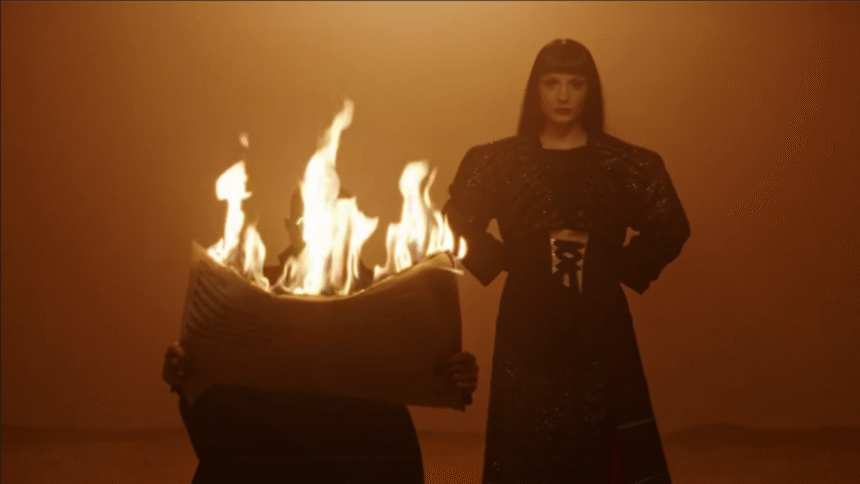The 69th Eurovision Song Contest reaches its thrilling climax tonight at the St. Jakobshalle arena in Basel, Switzerland. After fierce competition, 26 countries will take the stage in the grand final starting at 21:00 CET, showcasing a diverse lineup of musical talent that has captivated audiences across Europe and beyond since 1956.
What is Eurovision?
Often described as the Olympics of music, Eurovision is an annual contest where performers represent their countries with the goal of being crowned Europe’s top musical act. It is much more than just a singing competition; it is a cultural phenomenon that blends entertainment, national pride, and sometimes political tensions.
Dean Vuletiq, a Eurovision historian, calls it “the biggest cultural event in Europe,” emphasizing its enduring popularity and its reflection of the continent’s changing spirit. The event is famous for its spectacular stage shows, extravagant costumes, and unforgettable performances.
Who is in the Eurovision 2025 Final?
From the original 37 countries competing, 11 were eliminated during the semi-finals held earlier this week. Alongside these finalists, the host country Switzerland, and the “Big Five” (France, Germany, Italy, Spain, and the United Kingdom) automatically qualified for the final.
The 26 finalists performing tonight are:
Norway, Luxembourg, Estonia, Israel, Lithuania, Spain, Ukraine, United Kingdom, Austria, Iceland, Latvia, Netherlands, Finland, Italy, Poland, Germany, Greece, Armenia, Switzerland, Malta, Portugal, Denmark, Sweden, France, San Marino, and Albania.
Top Contenders and Fan Favorites
According to betting odds, the top favorites include:
- KAJ from Sweden with their upbeat and playful anthem “Bara Bada Bastu,” celebrating sauna culture.
- The soulful Dutch balladeer Claude with “C’est La Vie.”
- Shkodra Elektronike from Albania, performing the haunting “Zjerm,” which has captured significant attention.
Other notable finalists are Austria’s classically trained pop-opera singer JJ with “Wasted Love,” and Israeli artist Yuval Raphael with the uplifting hymn “New Day Will Rise.”
The Musical Landscape of Eurovision 2025
Eurovision has long been associated with catchy europop tunes, often with quirky or nonsensical lyrics, but the contest has evolved into a showcase for a wide variety of genres. This year’s finalists include everything from emo rock (Lithuania’s Katarsis) to powerful pop ballads (Spain’s Melody), and progressive rock (Ukraine’s Ziferblat).
A significant change is the use of a record 20 languages in this year’s contest, reflecting a growing desire for authenticity and cultural representation. Vuletiq notes that audiences today want more than standard English pop songs—they seek performances that genuinely reflect their country’s culture.
How is the Winner Chosen?
The winner is decided through a complex voting system combining public televotes and online votes worldwide with scores from professional juries in each participating country. The tension builds as countries rise and fall in the rankings, with a zero-point finish considered a national embarrassment.
Politics and Eurovision
Although Eurovision’s motto is “united by music,” politics inevitably influence the contest. Russia remains banned due to its 2022 invasion of Ukraine, while Ukrainian artists continue to perform under the shadow of ongoing conflict, including the 2022 winners, Kalush Orchestra.
This year, political tensions have again surfaced surrounding Israel’s participation, sparking protests and calls for their exclusion due to the country’s actions in Gaza. Organizers have intensified security measures ahead of tonight’s final to ensure safety.
Tonight’s Eurovision final promises not only a spectacular display of musical artistry but also a poignant reminder of how music continues to unite and divide, reflect and resist. As Europe tunes in, it witnesses a vivid mosaic of voices, stories, and hopes that transcend borders.







